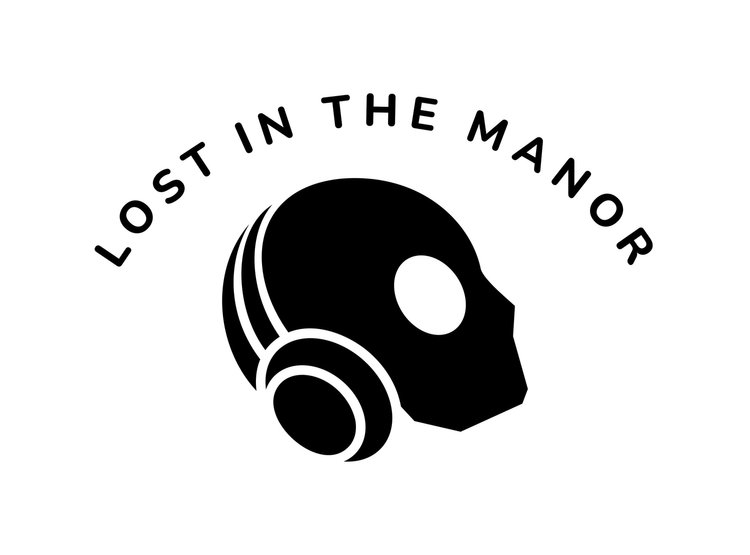Dean Patrick Schumacher, aka DEANO, was born in Southfield, Michigan (a suburb of Detroit). Influenced by Rock & Roll, Blues, Disco, R & B, Funk, and Country during the 70s, he picked up the guitar as a Christmas gift when he was 10 and then promptly quit playing for the next 30 years. At age 40, he rediscovered his passion for the guitar and for writing music. DEANO focuses on releasing singles, as he says it allows him the freedom to be more spontaneous and immediate in his music-making without having to force himself to create other songs that will fit together for an album release.
By Kamil Bobin
Discovered via Musosoup
Hello Deano. Can you tell us about your early career? Where did you get the idea for the music industry?
It all started when I used to watch my brother play the guitar. I decided I wanted to be like him so I bought a very cheap guitar (the only one I could afford) and started to play. My brother gave me many lessons over the first 1.5 years and that helped to give me a fast start. After playing for approx. 8 years I decided I would try my hand at songwriting. I loved it so much I never stopped. I like to invent things. I consider myself an inventor. Songwriting combines my need to invent with music - so songwriting is the sum of 2 things that I LOVE to do all rolled into one.
Where do you start when producing songs?
The vast majority of songs I have created have come to me when sitting on my sofa playing an acoustic guitar. I find a melody or catchy riff that I feel has groove and then play it over and over and over until I can think of a lyrical hook that matches the sound of what I am playing. From there the words just flow. Once I get the hook down, it doesn't take long to figure out the rest.
**However,** I have had 5 songs that have come to me in a dream. When that happens, I wake up and immediately reach for my phone which has "voice recorder" on it. I try to humm or sing the melody from my dream into the phone. That way I don't lose it. If I don't get the dream melody recorded immediately, I will lose it. Some of my best songs have come to me in a dream (example - Detroit Gangsta).
Your latest song is 'Tillman'. Can you tell us more about the making of it and if there were any unusual things happening during the process?
When making the song Tillman, for years I knew I wanted to create a song called Tillman that not only celebrates the life of Pat Tillman (and honor his sacrifice) but celebrates all of those "who gave all". As usual, I was sitting on the sofa with my guitar and tuned my guitar down to "Drop D". It wasn't long after I played 3 chords that had a heavy/ghostly sort of sound. I immediately knew these 3 chords would make up the song Tillman.
What was the most difficult challenge you faced?
The most difficult challenge I faced was to keep my dedication and focus. Many of my friends laughed at the idea of my songwriting (they're not laughing anymore). I worked my day job until 7pm at night. Then I would drive 52 minutes to the studio and then spend 4 hours at the studio trying to make progress and then an hour back home. The studio costs money. The studio (and making music) takes time and effort. When you stay up late working on music, you will be tired the next day at work. I was happy to do it but still, it was not exactly convenient. I have done better and gone further in songwriting than anybody ever thought I would ... and I am still going. Those who initially laughed and made fun of me are now impressed with what I have done. Sometimes you have to be willing to walk in the opposite direction of everyone else I guess.
What is your goal in artistic activities?
My goal is always to make people feel something. I just want to write quality music that will make someone feel something.
How do you know when a work is finished?
A song is never finished. When I first went into the studio years ago, the owner of the studio told me "a song is never finished. It's only a matter of when you get tired of working on it". - SO TRUE.
I have songs I am still working on from years ago. When you do not hear a song for a while and then hear it again you find ways to improve the song. Sometimes you are too close to the trees to see the forest. Sometimes if you work on a song for long enough, you can no longer hear it (if that makes any sense). When you reach that point I often decide to quit working on it - or at least for a while.
What is your trademark? It's about unique sounds or behaviors on stage.
What may be unique about me is perhaps that I write music for many different genres and have no definable trademark sound. I have been told that the sound of my music varies so much from song to song that it is not predictable. Many bands/songwriters have a particular sound and all of their creations tend to sound similar. I think I am the opposite of that.

